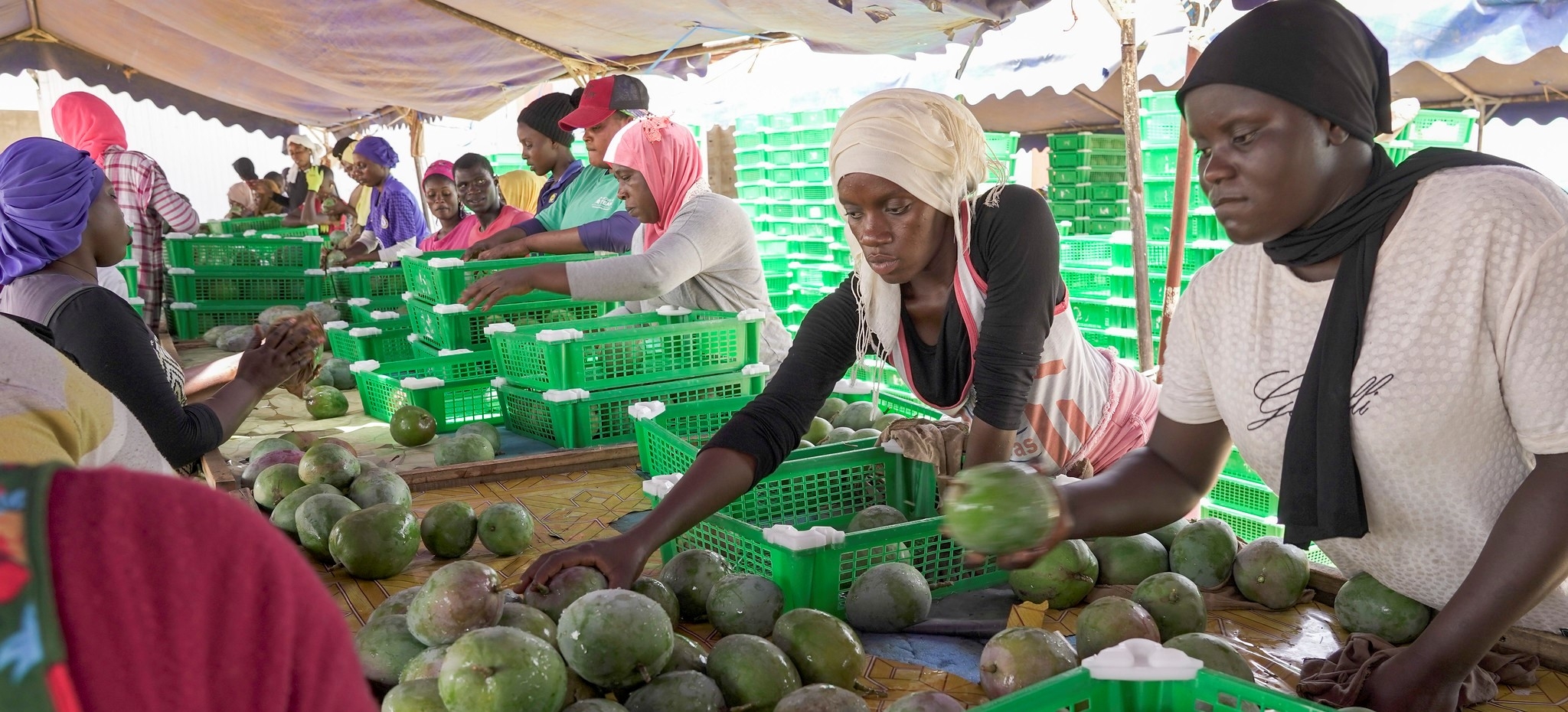
Horticultural production in Burundi benefits from a favourable climate and fertile land. Rainfall, altitude and soil quality provide it with advantages for high-quality agriculture, including both temperate and tropical products. In the early 90's, production and marketing of fruits, vegetables and flowers were at their highest levels. However, exports of horticulture products have declined in recent years due to political unrest, insecurity, and embargoes imposed by neighbouring countries. Burundi has been absent for many years from regional and international markets and needs to regain confidence of its trading partners. In order to relaunch horticulture exports, it will have to not only comply with customer demands (quantity, timing, packaging, quality) but also meet increasingly restrictive SPS requirements.
The aim of this PPG is to conduct an SPS needs assessment in Burundi. More specifically, the PPG will assess the public and private sector needs within the horticulture sector and develop SPS action sheets that can be used to develop project proposals. The assessment will be done using COLEACP's Rapid SPS Assessment Tool (R-SAT). R-SAT is designed as a practical, step-by-step guide to help competent authorities work together with private sector stakeholders to conduct a rapid assessment of the current status and functioning of SPS systems.